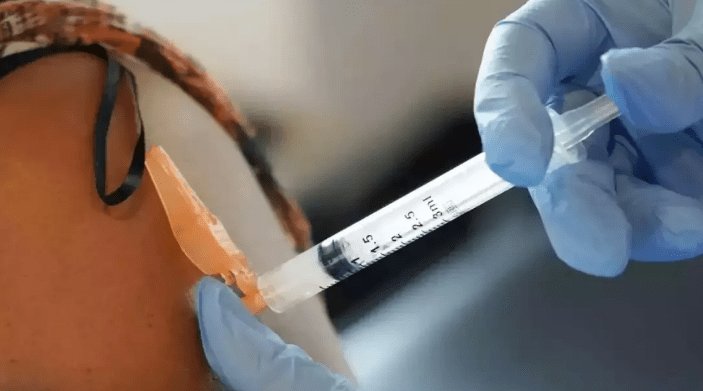Why Do Some People Feel Unconscious After Injections?
Receiving an injection is a routine medical procedure, yet for some individuals, it can lead to feelings of dizziness, lightheadedness, or even unconsciousness. This phenomenon, often referred to as vasovagal syncope, occurs when the body overreacts to certain triggers, such as pain or anxiety associated with needles. Understanding why this happens and how to prevent it can help individuals manage their reactions and avoid unnecessary distress.
Causes of Fainting After Injections
- Vasovagal Response
The vasovagal response is a sudden drop in blood pressure and heart rate, leading to reduced blood flow to the brain. This can cause dizziness, sweating, nausea, and fainting. It is often triggered by fear, pain, or stress. - Anxiety and Needle Phobia
Many people experience anxiety before or during an injection. This heightened emotional state can cause hyperventilation or an adrenaline rush, which may lead to fainting. - Pain Sensitivity
Some individuals have a lower pain threshold, making them more susceptible to discomfort during an injection. This pain can trigger an involuntary fainting response. - Low Blood Sugar Levels
If a person has not eaten before receiving an injection, their blood sugar levels may be low, making them more prone to dizziness and fainting. - Dehydration
Lack of proper hydration can contribute to low blood pressure, increasing the likelihood of fainting when exposed to stressful situations.
Symptoms to Watch For
- Dizziness or lightheadedness
- Sweating or clamminess
- Nausea
- Blurred vision
- Weakness
- Loss of consciousness (in severe cases)
How to Prevent Fainting After Injections
- Stay Hydrated
Drinking plenty of water before an injection helps maintain normal blood pressure and reduces the risk of fainting. - Eat a Light Snack
Having a small meal or snack before the procedure stabilizes blood sugar levels and prevents dizziness. - Practice Deep Breathing
Controlled breathing techniques can help reduce anxiety and prevent hyperventilation. - Lie Down During the Injection
If you are prone to fainting, ask the healthcare provider if you can receive the injection while lying down. - Distract Yourself
Engaging in conversation, listening to music, or looking away from the needle can help reduce anxiety. - Inform the Healthcare Provider
If you have a history of fainting during injections, let the medical professional know in advance. They can take precautions to ensure your safety.
What to Do If You Feel Faint
- Sit or lie down immediately to prevent falling.
- Take slow, deep breaths to stabilize your heart rate.
- If possible, elevate your legs to improve blood flow to the brain.
- Sip water and wait until you feel stable before standing up.
Conclusion
Fainting after injections is a common response linked to anxiety, pain, or physiological reactions. While it can be alarming, it is usually not harmful and can be managed with preventive measures. By staying hydrated, eating beforehand, and using relaxation techniques, individuals can reduce the likelihood of experiencing unconsciousness after an injection. If the problem persists, consulting a healthcare professional is recommended to rule out underlying medical conditions.


